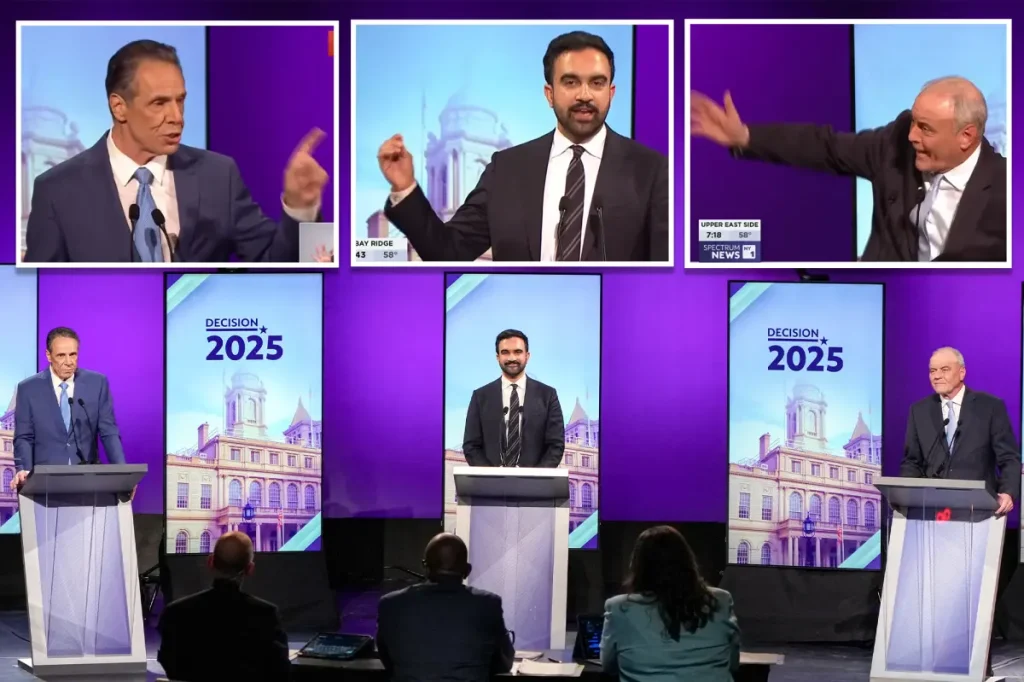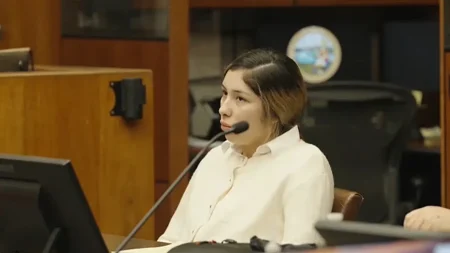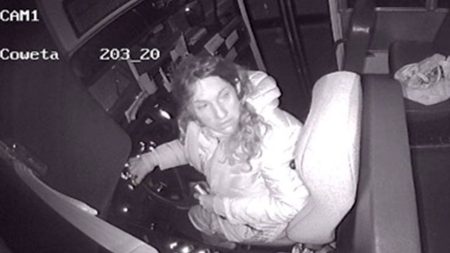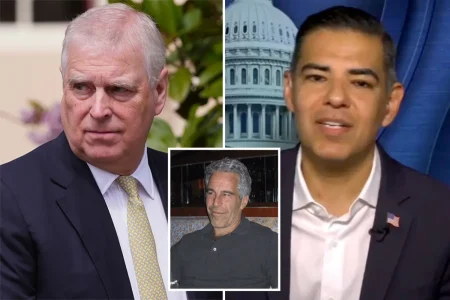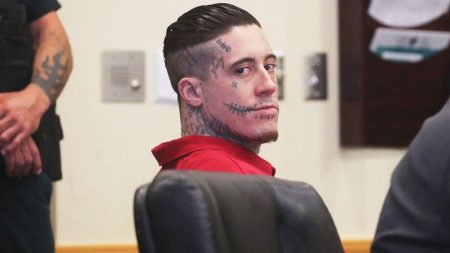The Final Face-off: Key Moments from NYC’s Mayoral Debate
In the final debate of New York City’s mayoral race, Democrat Zohran Mamdani, Republican Curtis Sliwa, and Independent Andrew Cuomo engaged in a spirited exchange at LaGuardia Community College, broadcast on Spectrum NY1. With the November 4 election rapidly approaching, the candidates delivered their closing arguments to voters, addressing critical issues such as public safety, housing, and education. The debate was characterized by pointed exchanges and memorable moments as each candidate tried to differentiate themselves in this consequential race for the leadership of America’s largest city.
The dynamic between the three contenders proved fascinating, as former adversaries occasionally found themselves forming temporary alliances against a common target. One notable instance occurred when both Cuomo and Sliwa criticized Mamdani for his reluctance to take a clear position on housing-related ballot proposals. When moderators asked about these measures, which include shifting more zoning power from the City Council to the mayor’s office, Mamdani offered only that he was “appreciative that those measures will be on the ballot.” This non-committal response prompted Sliwa to taunt, “Don’t be a politician,” while Cuomo sarcastically quipped, “Oh, what a shocker,” even mockingly gesturing with his hands. This exchange highlighted a recurring criticism of Mamdani throughout the campaign – his perceived unwillingness to stake clear positions on controversial issues, particularly those related to housing development and zoning reforms that supporters argue could accelerate the creation of affordable housing.
Personal attacks featured prominently throughout the debate, with Sliwa, despite trailing in polls, delivering some of the most memorable barbs of the evening. As Mamdani and Cuomo engaged in a heated exchange, Sliwa seized the opportunity to criticize both opponents simultaneously, comparing them to “kids in the schoolyard.” In one particularly cutting remark directed at Mamdani, Sliwa claimed, “Your resume could fit on a cocktail napkin,” before pivoting to Cuomo with the jab that “your failures could fill a public school library in New York City.” This moment exemplified Sliwa’s debate strategy – positioning himself as the straight-talking alternative to what he characterized as two inadequate candidates, one lacking experience and the other carrying too much baggage from his controversial tenure as governor.
Perhaps the most dramatic moment of the debate came when Mamdani orchestrated a confrontation regarding the sexual misconduct allegations that led to Cuomo’s resignation as governor in 2021. In a calculated move that visibly rattled the former governor, Mamdani pointed out that Charlotte Bennett, one of Cuomo’s accusers and the first woman to publicly come forward with allegations against him, was present in the audience. “You have even gone so far as to legally go after these women,” Mamdani stated. “Charlotte Bennett is here in the audience this evening. She cannot speak up for herself because you lodged a defamation case against her. I, however, can speak – what do you say to the 13 women that you sexually harassed?” Cuomo struggled to formulate a coherent response, eventually dismissing Mamdani’s question as referencing mere “allegations” and suggesting that anyone who wants to be in government needs to be “serious and mature.” Sliwa later piled on, accusing Cuomo of having “fled from being impeached by the Democrats in the state legislature,” referencing how the three-term Democratic governor resigned following the release of State Attorney Letitia James’ report that found he had sexually harassed multiple women and created a hostile work environment – allegations Cuomo continues to vehemently deny.
The national political context loomed large over the debate, with President Donald Trump becoming a central figure in the discussion despite not being on the ballot. When asked how they would manage working with the White House if elected, Cuomo questioned Mamdani’s readiness for the role, suggesting that Trump “thinks he’s a kid and he’s going to knock him on his tuchus.” Cuomo emphasized the importance of finding a balance between cooperation and confrontation with federal authorities, noting that “you’re going to have to be adversarial when you need to. But you want to cooperate to get good things done in this city, and you need federal help.” Mamdani countered by labeling Cuomo as “Trump’s puppet,” pointing out that “you can turn on TV any day of the week, and you will hear Donald Trump share that his pick for mayor is Andrew Cuomo, and he wants Andrew Cuomo to be the mayor, not because it will be good for New Yorkers, but because it will be good for him.” This exchange highlighted how national politics have become intertwined with the local race, with each candidate attempting to position themselves advantageously in relation to the polarizing president.
As New Yorkers prepare to cast their ballots, with early voting beginning the Saturday following the debate and Election Day set for November 4, they face a consequential choice between three markedly different visions for the city’s future. The debate offered voters a final opportunity to evaluate the candidates side by side as they addressed the pressing challenges facing New York City. While Mamdani emphasized progressive values and positioned himself as the candidate of change, Cuomo leaned on his extensive governmental experience and pragmatic approach to governance, and Sliwa presented himself as an outsider willing to challenge the political establishment. The contentious exchanges, personal attacks, and policy disagreements that characterized this final debate reflected the high stakes of the election and the deeply held convictions of each candidate about how best to lead America’s largest and most diverse city through its current challenges toward a more promising future.





